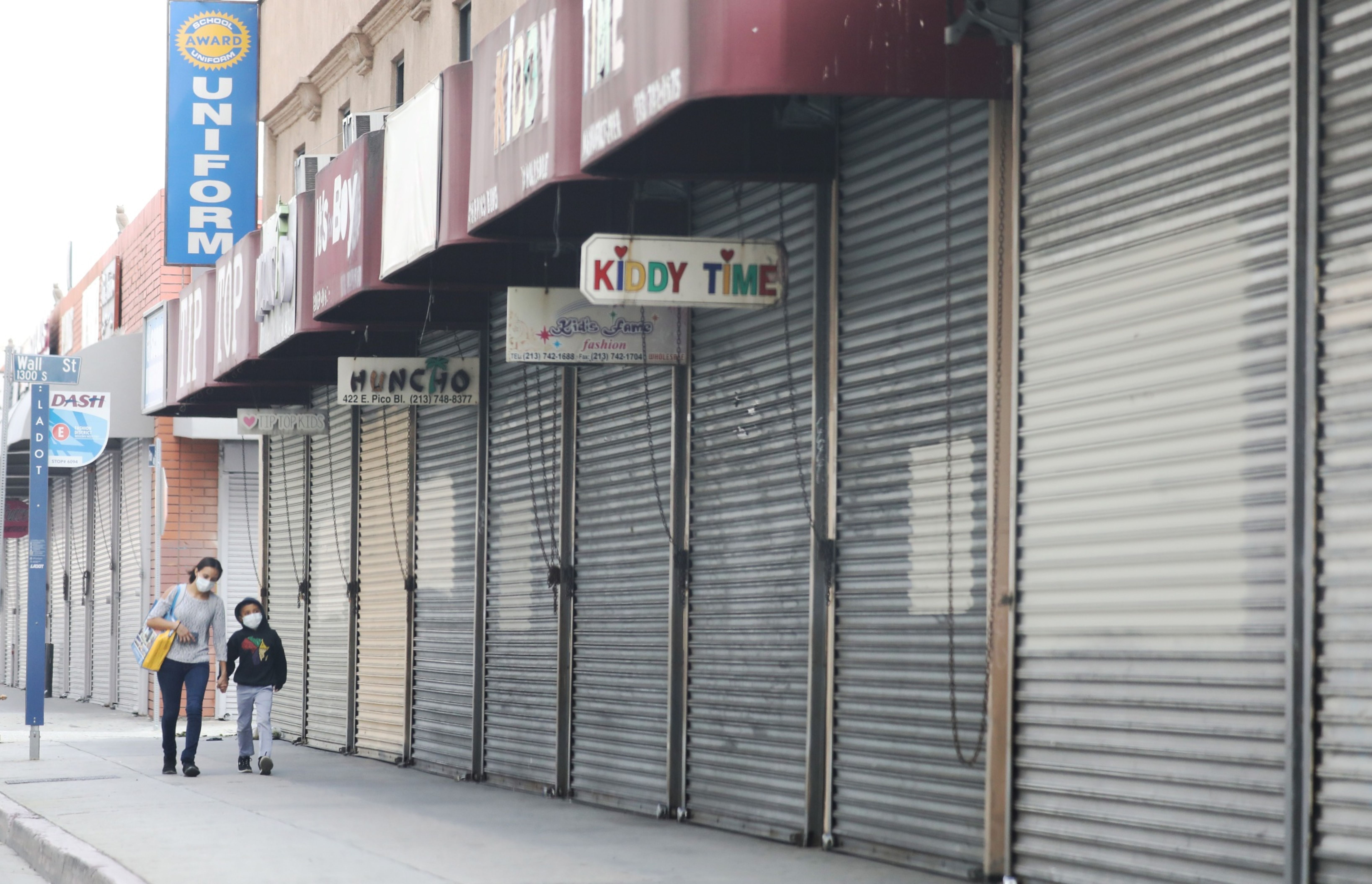The coronavirus has caught a number of states off guard, threatening their revenue and impairing their ability to meet obligations that have grown as a result of the epidemic.
Many states have closed nonessential businesses to encourage social distancing during the crisis, resulting in a sudden loss of sales tax receipts coming into the state, potentially creating large budget shortfalls, according to the National Taxpayers Union Foundation.
And some states are failing to take advantage of the opportunity afforded by the Supreme Court’s Wayfair decision. .
“Two states, Missouri and Florida, have done nothing to implement Wayfair legislation,” said Scott Peterson, vice president of U.S. tax policy and government relations at tax technology provider Avalara. “Without Wayfair, out-of-state merchants get to make sales into a state, but states and counties are unable to tax the sales.”
Missouri provides one example. “The Missouri sales tax structure is complicated, but there’s no dire financial need to fix it,” said Peterson. “In Missouri, the sales tax is one of three big taxes. They also have a corporate tax and a personal income tax.”
Peterson was the first executive director of the Streamlined Sales Tax Governing Board. “That’s one of the dilemmas we faced when I was running SST,” he said.
One example, and perhaps the hardest hit, is Florida, according to Peterson. “How do you get states interested in changing their sales tax when sales tax is one of three taxes, and not the big one? In California the personal income tax is much bigger than the sales tax. That’s somewhat true of Missouri.”
Florida provides somewhat of a counterexample. “But contrast that with Florida,” Peterson added. “Florida relies heavily on tourism for its economy, raising 79 percent of its revenue through sales taxes on in-state purchases rather than economic nexus. The state has no personal income tax. It has a corporate tax, but the real moneymaker is the sales tax. I testified several times before the Florida legislature, but their position was that they were conservative and would not do anything to to tax their citizens more than they had to.””
Florida has since come under fire after news reports emerged of spring breakers enjoying the beaches.
“Now all the beaches are closed because they weren’t practicing physical distancing even after spring break,” said Peterson. “And Florida counties are banning hotel stays and short-term rentals. It’s a perfect storm from a government funding perspective with no shopping and no tourism. Add in the fact that the unemployment taxes that the employer is responsible for were recently reduced to a level that doesn’t allow them to get through the unemployment threat they will be faced with. Likewise, New York State is woefully underfunded. They will run out of funds soon, and a bunch of other states are in the same position.”
Unemployment insurance is another worry, despite some of the provisions in the recently passed CARES Act extending unemployment benefits. “Quite a few states have one year of unemployment insurance funds, but many states have a balance that’s much lower than what’s recommended by actuaries,” said Peterson. “The Florida legislature will have a big challenge when their rainy day fund runs out. Some states put less money into rainy day funds than others.”
That is now coming back to haunt them. “We don’t remember the past very well, and it’s very easy for humans to imagine ‘that can never happen again,’” said Peterson. “But what happened this time is much worse than what happened before.”
Although every state will be hit by the coming recession, Florida has particular issues, Peterson warned ”A vacation rental owner who uses the rental payments as extra income might be less affected than someone that uses the income to pay off a mortgage. It will hurt Florida because they’re so dependent on tourism, and they depend on sales tax and lodging tax.”
Other states are facing their own issues with coronavirus. “What we’re saying about Florida is true of a lot of other states,” Peterson said. “Issues in states that are just sales tax based such as Tennessee, South Dakota, Wyoming, Washington and Texas, are more aligned with Florida’s problems than some of the other states.”
COVID-19 has changed calculations across states and countries, far beyond thoughts of taxes. “We’re past the point of choosing how we shop — the coronavirus has made that choice for us,” said Peterson. “This includes online grocery sales going through the roof. Florida needs to get in line with South Dakota-style Wayfair rules — economic nexus and thresholds, and adopt marketplace facilitator legislation.”
The Supreme Court decision in the Wayfair case combined with the pandemic are having a wide-ranging impact. “It’s one thing to have economic nexus, but states also need to impose the obligation on marketplace facilitators,” Peterson added. “If you just have economic nexus, then all those retailers that sell on the marketplace have the obligation to collect, but the marketplace doesn’t. The states have figured out that if they make the marketplace collect, they can collect on the really small sellers that they couldn’t otherwise, since many of the smaller retailers don’t meet the threshold for economic nexus.”